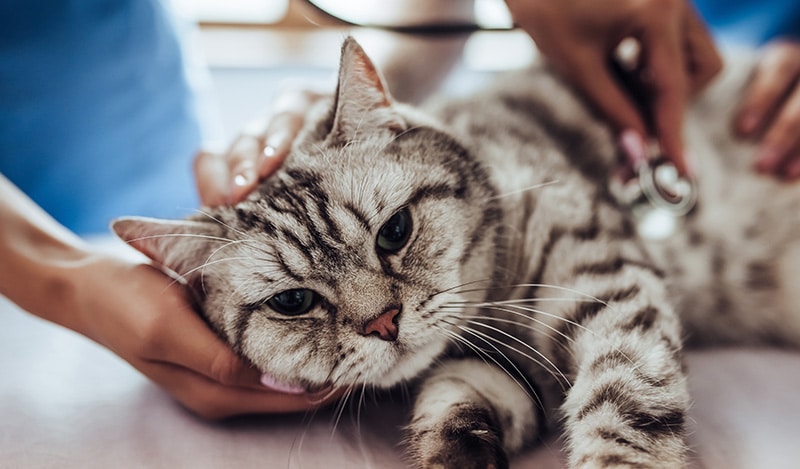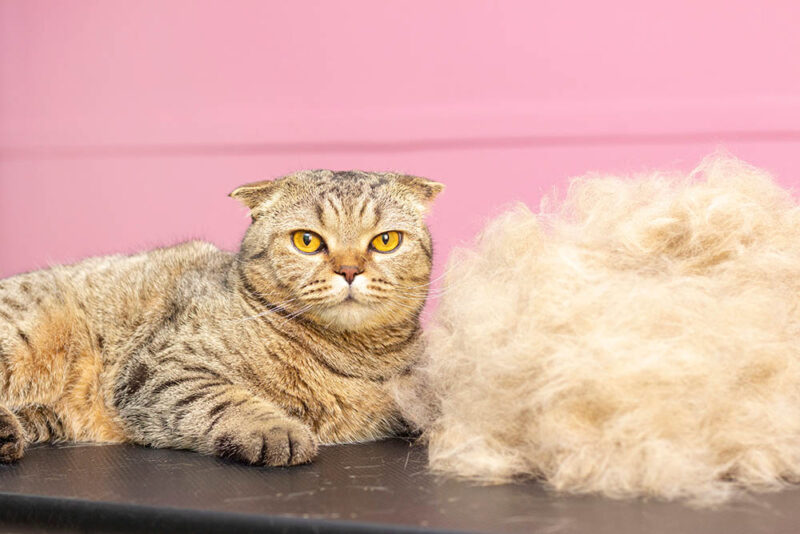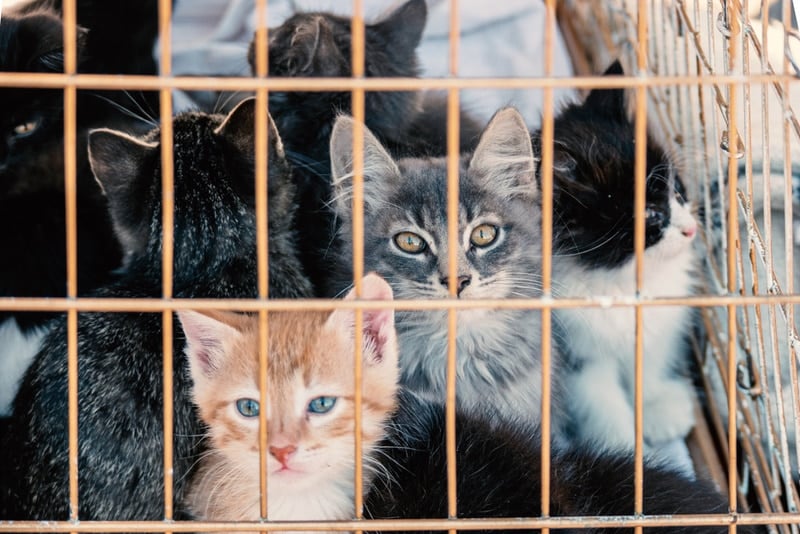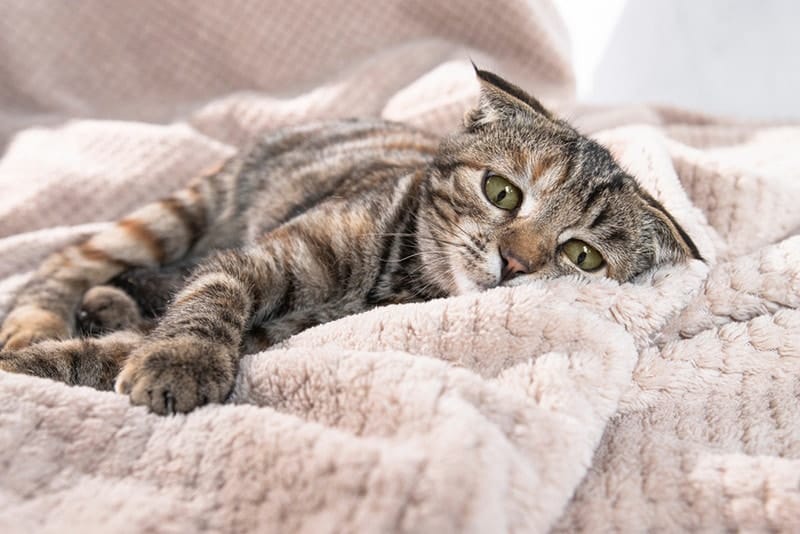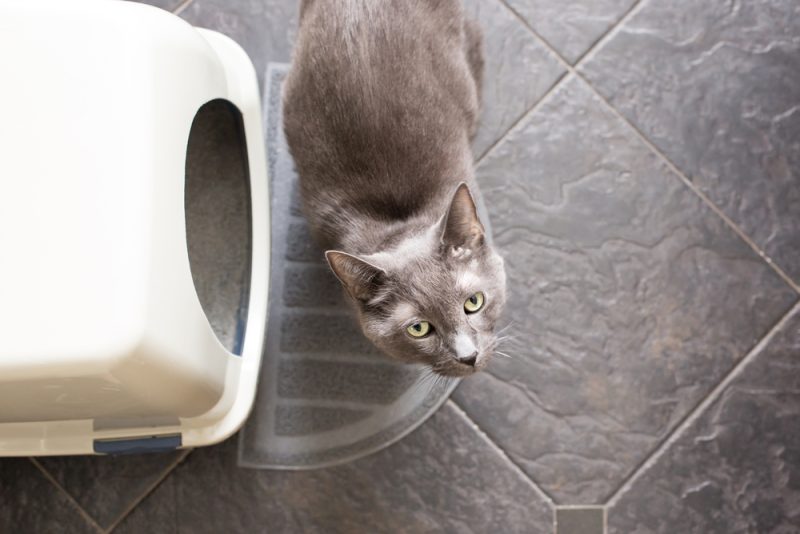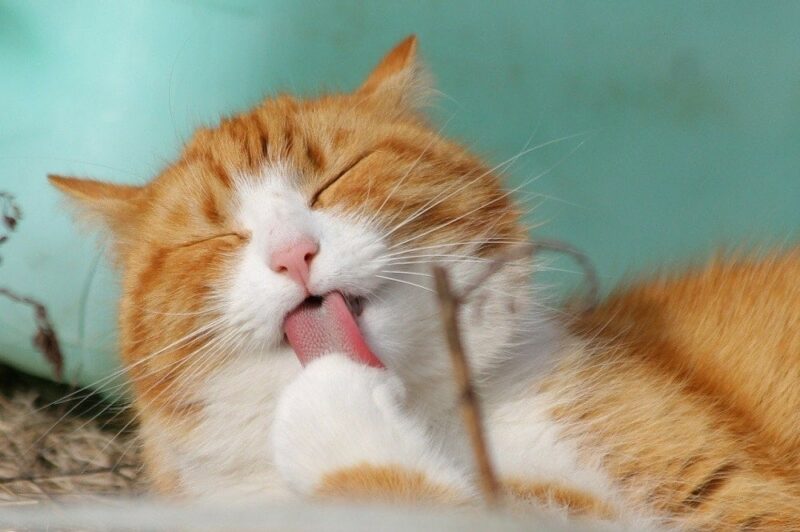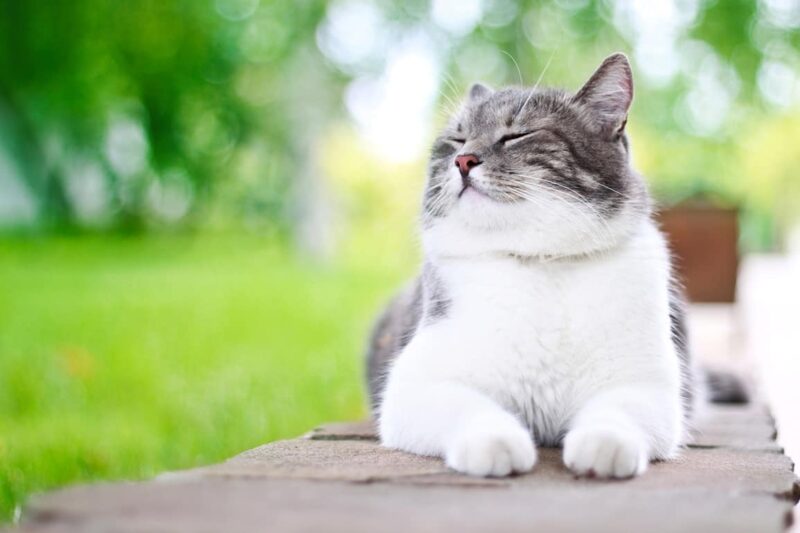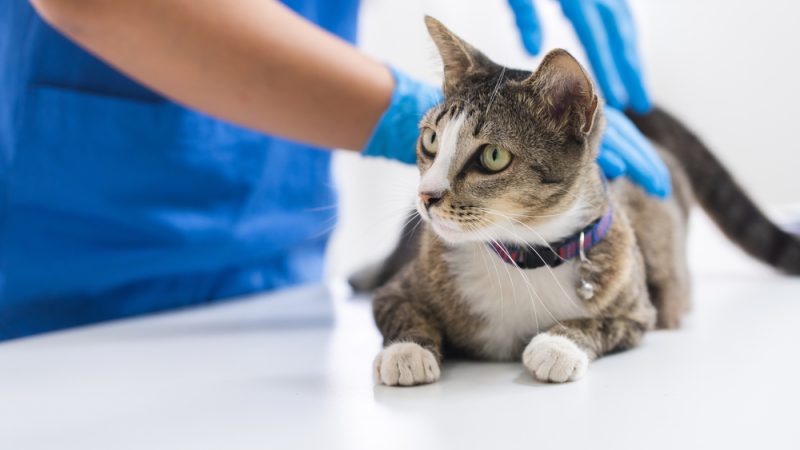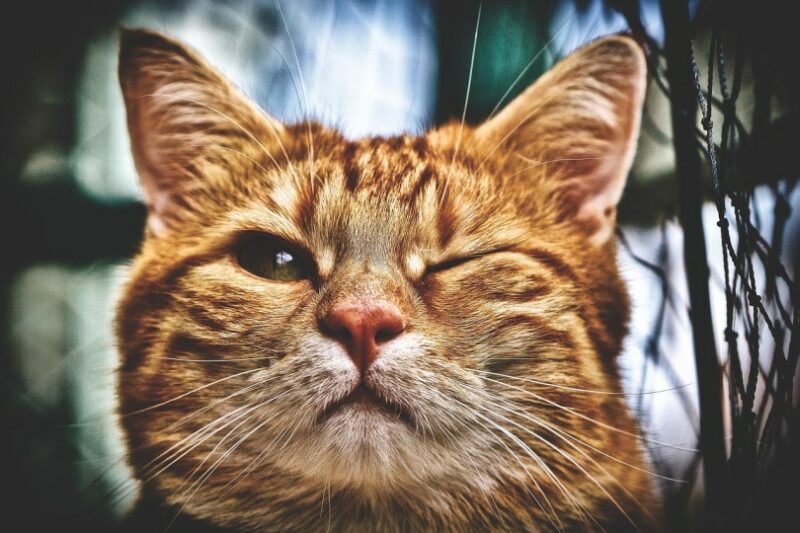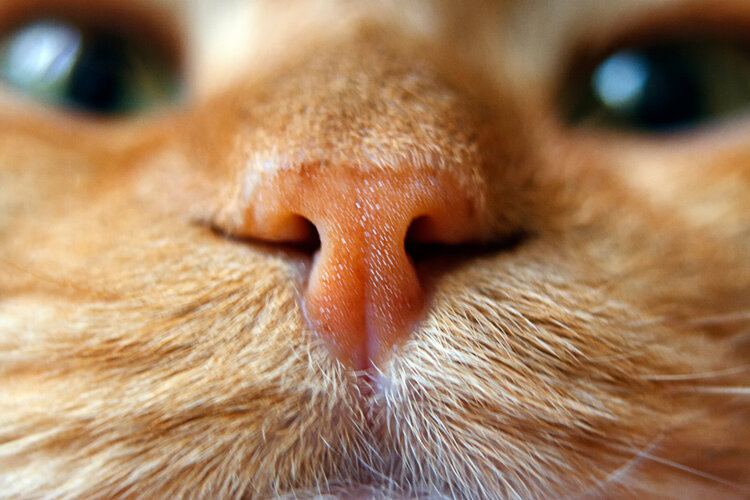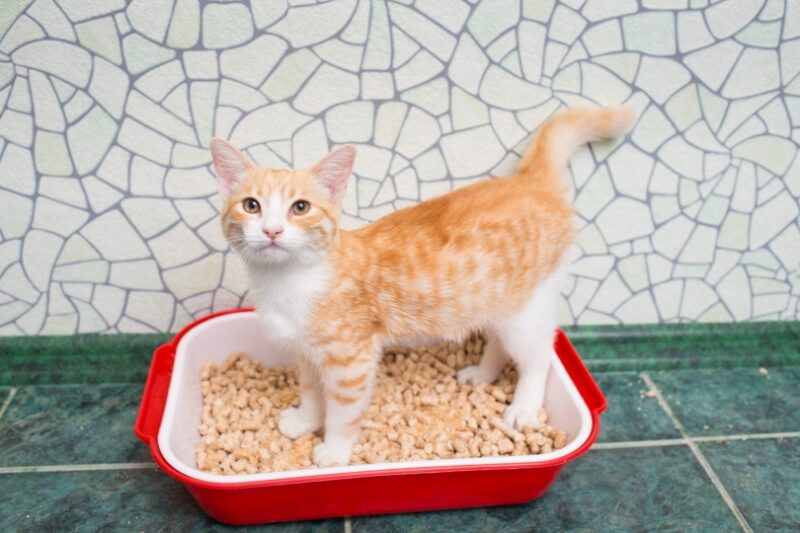Although relatively rare, cats experience strokes. A stroke occurs when there is an abrupt interruption in the blood supply to your cat’s brain. It can be very frightening if your cat experiences a stroke, and it is essential to take them to a vet immediately. The vet will ensure they receive the necessary treatment and have the best chance of recovery.

What Are Strokes in Cats?
A stroke is an event that occurs when there is a sudden interruption of the blood supply to your cat’s brain. Strokes are split into two categories: Ischemic and Hemorrhagic. A blood clot inside a blood vessel normally causes ischemic strokes. Hemorrhagic strikes occur when there’s bleeding in the brain, usually due to a blood vessel rupturing.
Your cat’s brain can function only if it receives a constant blood supply, bringing essential nutrients and oxygen and removing waste products. If the blood supply to the brain is disrupted, the brain tissue can eventually die off if left for too long without oxygen and nutrients.
Regardless of the cause of the stroke, the disruption of blood flow to the brain causes the brain cells to be deprived of vital nutrients and oxygen. This leads to damage that can be permanent and have fatal consequences. The severity of a stroke and the specific clinical signs depend on a few factors, including:
- The size of the area affected: The more brain tissue that is damaged, the more severe the clinical signs are.
- Location of the clot or bleed: Different areas of the brain have different functions. The affected area determines the clinical signs.
- The presence of underlying health issues: Pre-existing health issues can cause clinical signs of a stroke to be more severe.

What Are the Signs of a Stroke in Cats?
The clinical signs witnessed when your cat experiences a stroke depend on the region of the brain affected by the stroke. The duration of time that the brain is starved of oxygen will also dictate what sort of clinical signs are witnessed by the owners. Common signs include:
- Tremors
- Muscle spasms
- Arched body
- Confusion
- Disorientation
- Depression
- Aggressive behavior
- Head tilt
- Circling
- Uneven pupil sizes
- Loss of sight
- Lack of coordination
- Flickering pupils
- Head pressing
- Generalized weakness
- Collapse
- Coma
These clinical signs often occur very suddenly without any prior warning. Most of the signs mentioned above can occur due to different neurological disorders unrelated to a stroke. This can make diagnosis challenging, especially if there is more than one underlying issue.
If your cat shows signs of the symptoms above or you suspect they might be suffering from underlying health issues, you should contact a vet.
If you need to speak with a vet but can't get to one, head over to PangoVet. It's an online service where you can talk to a vet online and get the advice you need for your pet — all at an affordable price!

What Are the Causes of a Stroke in Cats?
Many health issues and disease processes can cause cats to have a stroke. Anything that blocks a blood vessel to the brain can cause a stroke. This can include blood clots wedged in blood vessels, also known as an embolism or thrombus.
Bleeding within the brain caused by trauma can also cause or contribute to the development of a stroke. If your cat has a low platelet count, it can be a common cause as well.
Different underlying conditions can increase your cat’s risk of experiencing a stroke. These can include:
- Heart disease of any kind
- The presence of parasites
- Elevated blood pressure
- An overactive thyroid
- Liver disorders
- Kidney disease
- Lung disease
- Diabetes
- Cancer
- Infectious disease
- Exposure to toxins
- Injuries or trauma
- Genetic defects
- Hyperadrenocorticism
Despite the numerous potential causes of strokes in cats, the actual cause remains unknown.

Diagnosis of Strokes in Cats
Diagnosis of a stroke can prove to be challenging. Often, it is a case of ruling out common diseases and working on a process of elimination. A vet will examine your cat and take a full clinical history. They need to know if you have noticed any clinical signs at home before or after the actual stroke and if there have been any recent changes to your cat’s routine.
The vet will also perform a full neurological exam and assess your cat’s blood pressure. They will take a blood sample to assess red and white blood cell counts and check organ function. They will want to assess your cat’s ability to form blood clots using specific blood tests.
They usually take a urine sample and potentially a fecal sample as well. They may also want to take a sample of cerebral spinal fluid. Advanced imaging modalities, such as CT and MRI, help diagnose abnormalities and potential causes.
How Do I Care for a Cat that Has Had a Stroke?
Specific treatments used for cats that have experienced strokes usually involve supportive therapy and medication to alleviate clinical signs. The vet will triage your cat upon arrival. Oxygen therapy may be required, which can help promote the healing of the damaged brain tissue.
It is very important to keep your cat hydrated; intravenous fluids may be necessary, depending on your cat’s condition. If your cat is experiencing seizures, anti-seizure medication can be given. If the underlying disease has been identified, the vet will treat it if possible. For example, infections may require antibiotics, and parasite infestations will need anti-parasite drugs.
Medication can be administered to reduce the overall pressure in the skull.
Your cat must receive adequate support if they cannot move themselves, eat or drink, or use their litter tray. They can develop pressure sores and urine or fecal scalding. Your cat may require physiotherapy afterward, too.
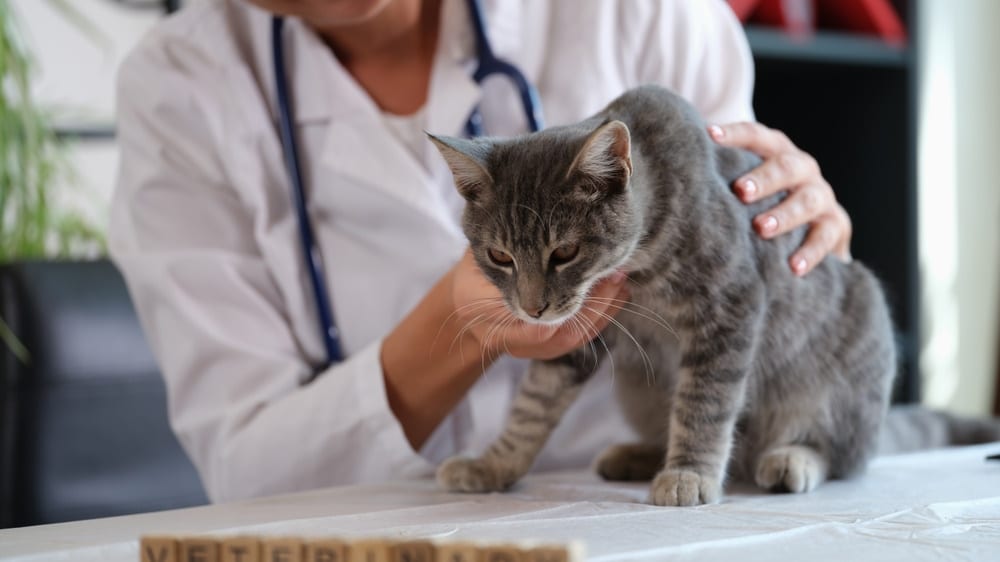

Frequently Asked Questions (FAQ)
Can I Prevent My Cat From Having a Stroke?
Some of the risk factors for strokes in cats are unavoidable. However, there are a few things you can do to mitigate the risk of a stroke. It’s essential to visit the vet clinic regularly for checkups. Early identification and management of potential health issues, such as diabetes and high blood pressure, can reduce the risk of strokes.
Ensure your cat is a healthy weight and consumes a balanced, nutritious diet. This reduces unnecessary strain on their cardiovascular system. Make sure you are up to date with parasite treatment and only use products prescribed by a vet.
What Increases the Risk of a Stroke in Cats?
Several factors increase the risk of a stroke in your cat. Underlying health issues, including heart disease, high blood pressure, kidney disease, diabetes, hyperthyroidism, and parasite infections, can increase their risk. External factors such as head trauma and exposure to toxins can increase the risk as well.
There do not appear to be any specific breeds of cats that are more prone to experiencing strokes, but some breeds, such as Himalayans and Persians, may be more prone to high blood pressure, which can be a contributing factor.
Strokes affect cats of all ages, but they are more commonly seen in older cats. This is thought to be due to the increase in age-related diseases as the cat ages.
What Is the Prognosis for a Cat That Has Experienced a Stroke?
The prognosis for each cat depends on the underlying cause of the stroke. Some cats make a full recovery. Some will regain most of their sensory and motor functions, but others will suffer irreversible brain damage and need to be euthanized.
Some of the underlying causes or diseases that increase the risk of a stroke occurring require lifelong treatment. Hyperthyroidism, heart disease, diabetes, and liver disease all fall into this category. This requires a significant commitment from owners and can become very expensive in the long run.
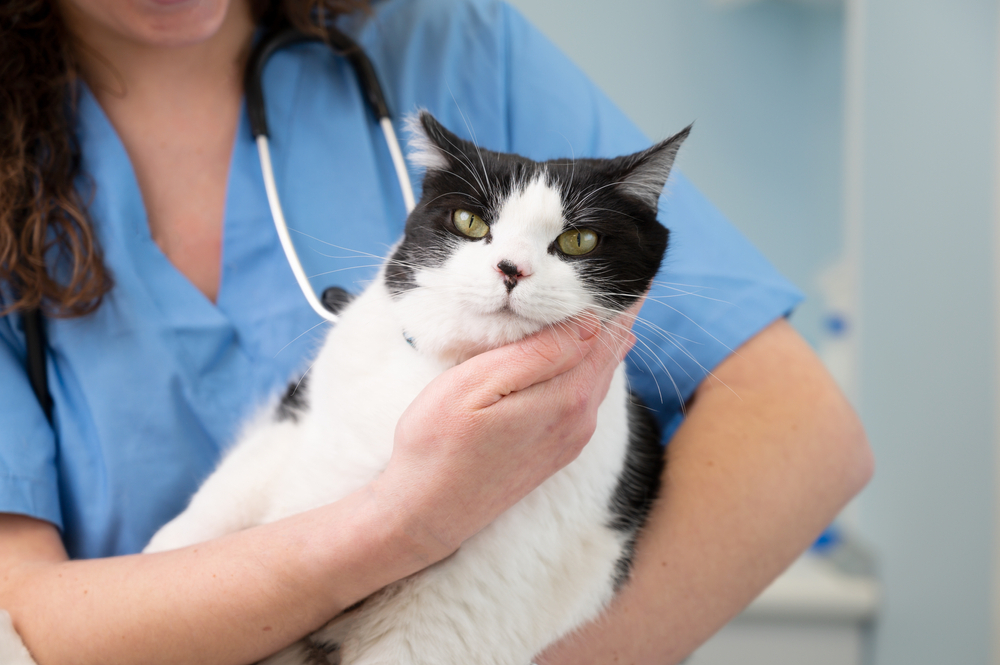

Conclusion
Strokes are a relatively rare occurrence in cats, but cats of any age can experience one. Risk factors for cats include diabetes, high blood pressure, and kidney disease. There is no specific treatment for strokes, but supportive care can make a massive difference in the management of the condition and improve your cat’s quality of life. A stroke is a medical emergency; if you think that your cat may have had a stroke, take them to a vet immediately to be assessed. A vet can examine your cat and diagnose any underlying conditions.
Featured Image Credit: 4 PM production, Shutterstock
